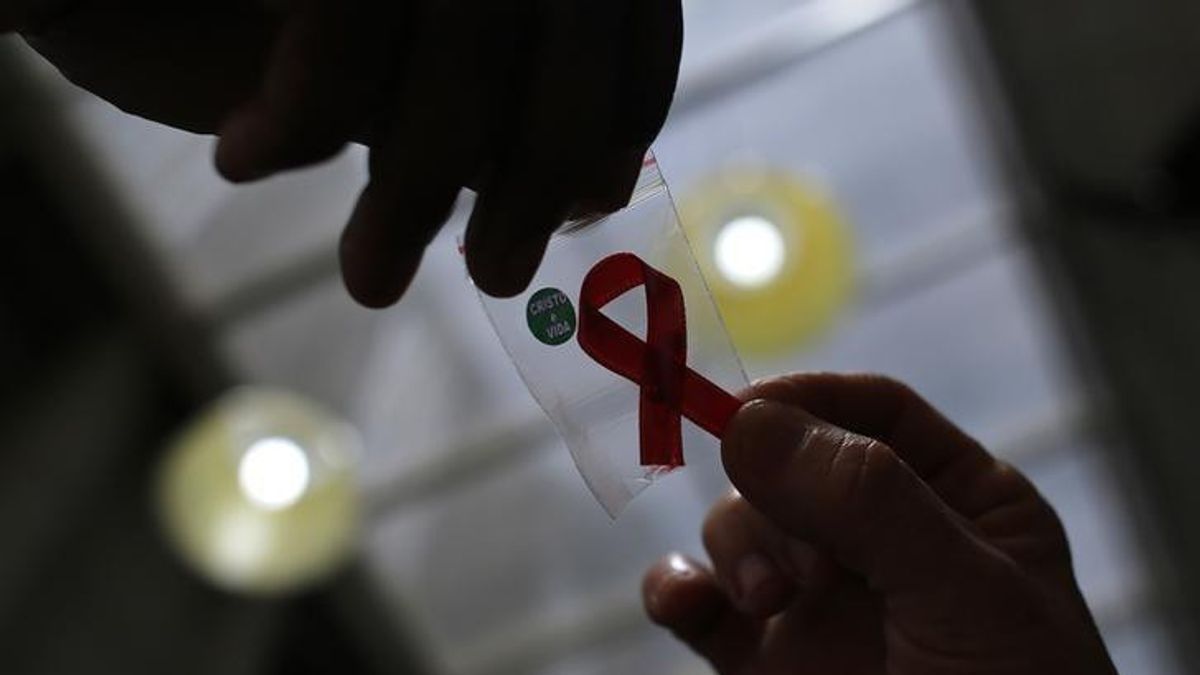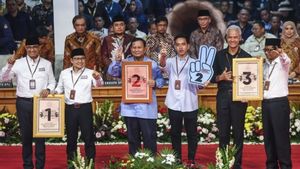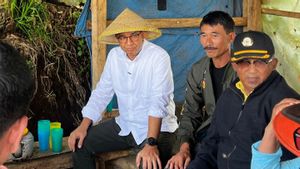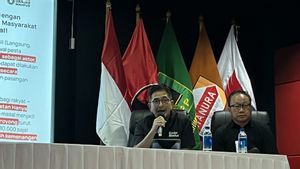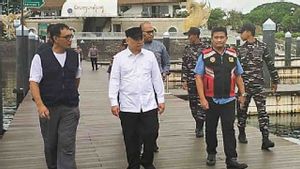JAKARTA - The Ministry of Health (Kemenkes) recorded a 54 percent decrease in new infections with Human Immunodeficiency Virus (HIV) or Acquired Immune Deficiency Syndrome (AIDS) from 2010 to 2022.
"In the period 2010 to 2022, there has been progress in overcoming HIV/AIDS in Indonesia," said Director of Prevention and Control of Infectious Diseases at the Ministry of Health, Imran Pambudi, in a media briefing that was followed online in Jakarta, Thursday, November 30, was confiscated by Antara.
Imran said that the decline in new HIV/AIDS infections was the result of accelerated HIV/AIDS control which focused on large-scale prevention and expansion interventions for anti-retroviral therapy (ARV).
However, he said his progress had been hampered during the COVID-19 pandemic which caused a significant decline in the era.
"I think this happens in all (of the disease), not only HIV, but also TB, DHF too," he added.
On this occasion, Imran also explained the target of Multi Denominator 95-95-95 which is targeted to be completed by 2030.
He explained that Multi Denominator is the zero new spread with a target of 95 percent of people with HIV (ODHIV) knowing its status, zero deaths with a target of 95 percent ODHIV receiving ARV treatment, and zero discrimination with a target of 95 percent where ODHIV who is getting ARV has a compressed virus (the number of viruses in low body).
Based on data compiled by the Ministry of Health, the progress of the achievement of the Multi Denominator 95-95-95 to September 2023 program recorded 515,455 ODHIV estimates, with 454,723 (88 percent) ODHIV living and knowing the case, 209,288 ODHIV (48 percent) knew the case and were receiving ARV treatment, and 69,149 ODHIV (33 percent) were in the treatment of the virus-suppressed ARV.
SEE ALSO:
This figure, said Imran, is still far from burning. For this reason, the Ministry of Health has made various efforts from prevention, case discovery, case handling, to health promotion efforts.
However, he emphasized that the government cannot handle HIV/AIDS independently. For this reason, he invites all relevant stakeholders such as the central and regional governments, academics and practitioners, the community, the community, the private sector, and the media to jointly tackle HIV/AIDS.
"In accordance with the theme of World AIDS Day this year that the community has a very big role. How can we immediately bring people who are diagnosed (HIV/AIDS) to immediately start treatment and must be controlled is very important. So community friends already have to advance to class, not only finding ODHIV but also helping them to continue taking drugs and helping control regularly," he concluded.
The English, Chinese, Japanese, Arabic, and French versions are automatically generated by the AI. So there may still be inaccuracies in translating, please always see Indonesian as our main language. (system supported by DigitalSiber.id)
